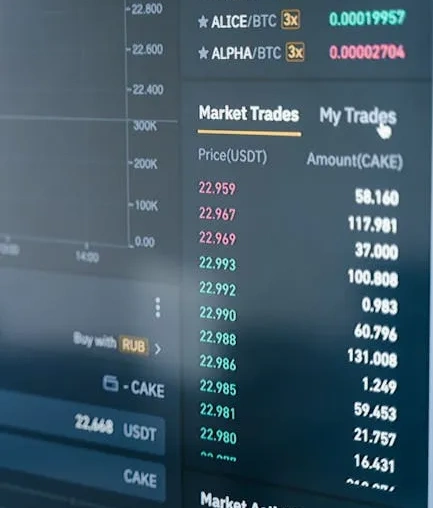
Unpacking the Nobitex Hack: Insights into Iran’s Crypto Landscape
The recent cyber breach at Nobitex, one of Iran’s prominent cryptocurrency exchanges, has sent shockwaves through the digital currency community. However, amid the headlines about stolen millions, what truly emerged from this incident goes far beyond the financial loss. The hack has unveiled a critical insight into Iran’s crypto economy, shedding light on how this sector operates not merely as a market but as an extension of state power.
The Breach: A Deeper Revelation
While the immediate aftermath of the Nobitex hack involved significant monetary losses, the implications of this breach are much more profound. Leaked code from the exchange has revealed that surveillance mechanisms are intricately woven into the fabric of Iran’s cryptocurrency ecosystem. This suggests that the government is not only a participant in the market but also a controller, using these technologies as tools for monitoring and managing its citizens’ financial activities.
Surveillance and Control
The leaked information indicates that the government has established a surveillance network that enables it to keep tabs on cryptocurrency transactions. This level of oversight raises serious questions about privacy and freedom within the crypto space in Iran. Rather than being a decentralized financial system that empowers individuals, the crypto economy appears to be heavily regulated and manipulated by state interests.
Protection for the Elite
Another alarming aspect revealed by the breach is the preferential treatment given to high-ranking officials and VIPs. The code suggests that these individuals enjoy a level of protection and anonymity that is not afforded to the average user. This disparity highlights a troubling reality: the crypto market in Iran may serve as a shield for the powerful, allowing them to navigate the financial landscape with less scrutiny while ordinary citizens face the full brunt of government oversight.
Mining in Times of Crisis
The Nobitex hack also uncovered how the state mobilizes cryptocurrency mining operations during times of economic crisis. As Iran grapples with various sanctions and economic challenges, the government appears to leverage cryptocurrency mining as a means of sustaining its economy. This strategic use of mining not only helps mitigate the financial fallout but also reinforces state control over economic resources.
Conclusion: A Cautionary Tale
The Nobitex hack serves as a cautionary tale about the intersection of technology, finance, and governance. As cryptocurrencies continue to gain traction globally, the findings from this incident should prompt users and advocates to carefully consider the implications of operating within environments where state control remains paramount. The future of Iran’s crypto economy may well hinge on the balance between innovation and oversight, with the potential for either empowerment or oppression hanging in the balance.
As the story unfolds, it remains essential for cryptocurrency enthusiasts and investors to stay informed about developments in the region. The Nobitex hack is more than just a cybersecurity incident; it is a window into the complexities of a nation navigating the turbulent waters of modern finance.



